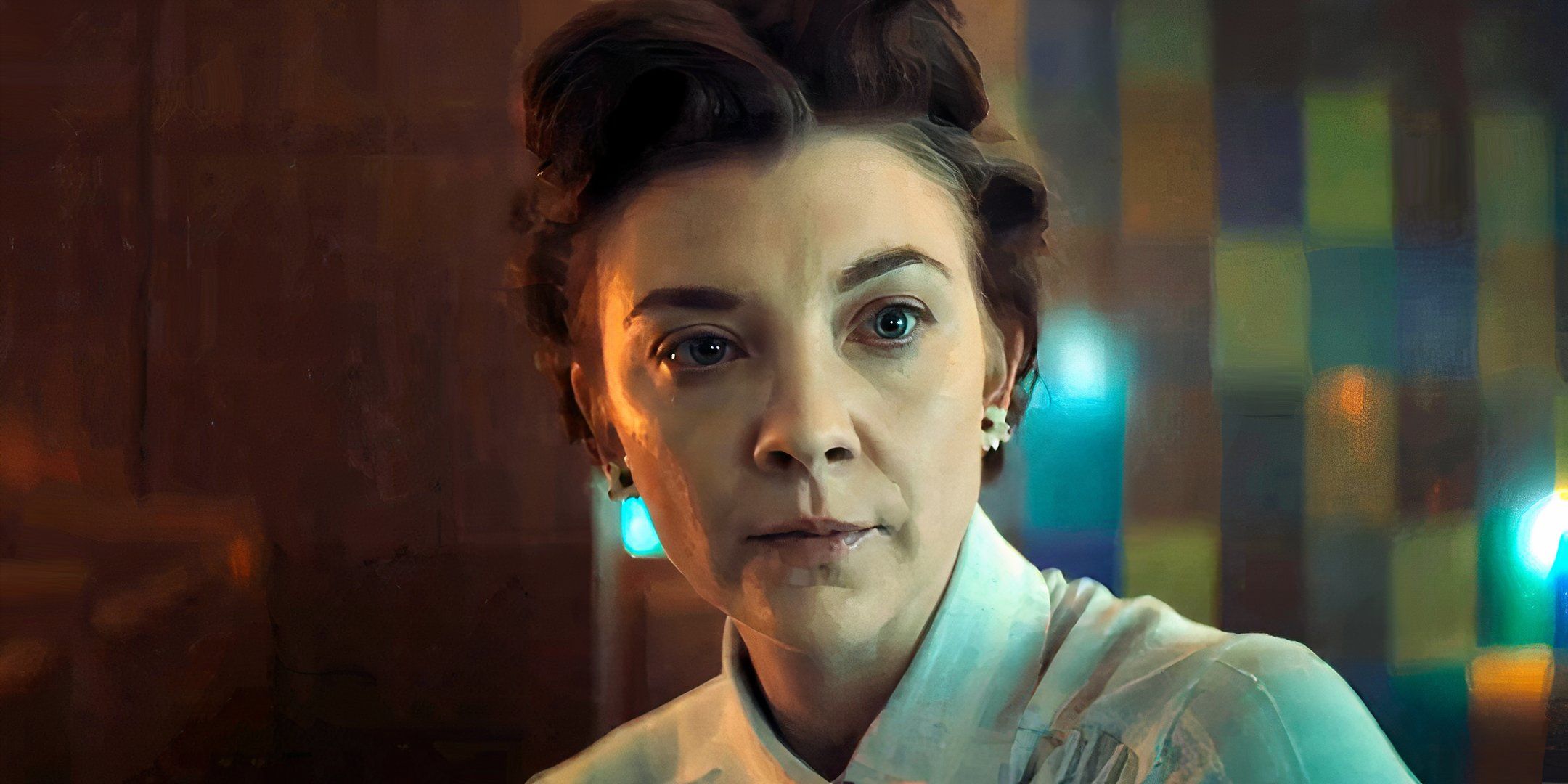The best biographical dramas are able to blend the presentation of its history with a fact-based narrative, making for an engaging, memorable story about an important part of history. This is what makes Audrey’s Children stand out so much, tackling the sensitive history of childhood cancer treatments with tact while providing an interesting story as well. This is held together by brilliant directing from Ami Canaan Mann and a stellar screenplay from Julia Fisher Farbman. It’s also emphasized by the history the film displays, not holding back on the tragic elements of its narrative.
Set in the 1970s, Audrey’s Children sees Game of Thrones‘ Natalie Dormer take on the role of Audrey Evans, an oncologist studying a potential treatment for Neuroblastoma, a form of nerve cancer. This form of cancer is most common in children, killing 90% of those diagnosed in the ’70s. As Audrey forms personal connections with her patients, she faces roadblocks from hospital leaders like Dr. C. Everett Coop (Clancy Brown), testing her abilities and her role as a woman practicing oncology during that time.
Audrey’s Children Has Stellar Performances That Emphasize The Difficult Subject Matter
Everyone’s Acting Compliments A Hard-Hitting Story
One of the most standout elements of Audrey’s Children is the stellar performances from everyone involved. Dormer steals the show as the unconventional and determined lead character, conveying her constant need for quick progress to save children’s lives. Her character is joined by Dr. Dan D’Angio, with Jimmi Simpson offering a memorable portrayal of a meek yet highly intelligent medical professional whose tune toward Audrey changes as the film progresses. Brown’s Dr. Coop contrasts her determination, but with an appreciable level of depth, explaining why he prefers to uphold the status quo.
Brandon Micheal Hall’s Dr. Brian Faust rounds out the main cast, offering a helping hand to Audrey while having his own subtle storyline about the expectations of the period. These dynamic characters and their viewpoints offer intricate looks at the politics behind treating children who have cancer. This leads to some infuriating moments as bureaucratic setbacks result in a constant battle about saving dying kids. Dormer’s stellar performance is a core part of this, making Audrey easy to like, and making her challenges all the more frustrating.
This less overt approach makes the film’s messaging about Audrey’s position in society all the more resonant, especially given the important contributions she’s trying to make to the fight against cancer.
While the movie follows a woman trying to do something revolutionary in a male-dominated profession, the movie offers subtlety in its presentation. The audience is trusted to understand that her difficulties are partially influenced because she is a woman, even when it’s not outright stated. It’s an appreciated departure from many feminist stories that are direct in their presentation, oftentimes through dialogue. This less overt approach makes the film’s messaging about Audrey’s position in society all the more resonant, especially given the important contributions she’s trying to make to the fight against cancer.
The Film’s Historical Importance Makes Its Message All The More Powerful
Audrey’s Children Presents Many Difficult Pills To Swallow
But the biggest issue Audrey’s Children highlights is the slowness of scientific progress, which can be hampered by systems that prioritize uniformity over risk. The film does an incredible job of showing how Audrey broke the expected boundaries of her time to do what was necessary, while also highlighting the difficulties beyond just a gendered focus. It makes its message universal, while also emphasizing just how important the chance she took became to decades of children who may not be alive without her.
Because of its historical highlights, important message, and incredible performances, Audrey’s Children is a perfect biopic, depicting a tear-jerking topic without shying away from the emotions it conjures. The movie left a strong impression on me long after it was over, especially when it comes to the inner workings of the medical field and those who give everything to save others. Its powerful historical depiction is what makes it stand out so much, with its approach to real-world childhood cancer advancements crafted with tact and care.






